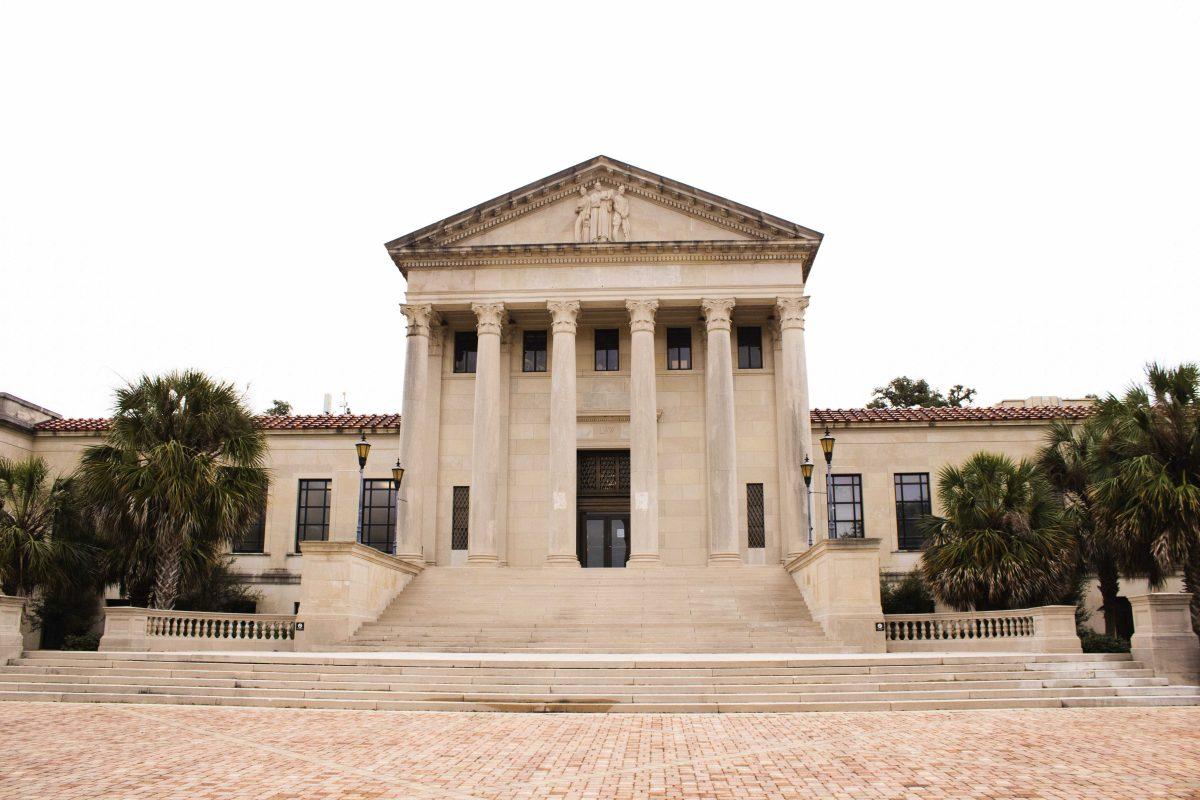The economic recession has left business administrators scrambling for last-minute funds and forced them to capitalize on their location near low-income neighborhoods.Eli Jones, E.J. Ourso College of Business dean, said the University is considering New Markets Tax Credit to fund the remaining $12.2 million of the $30 million needed to match the potential state funding for the Business Education Complex before the June 30 deadline. “We’ve got a $30 million state match that’s waiting for us,” Jones said of funding for the more than $60 million complex. “We cannot afford to miss that match. This is our best thinking.”Using funds raised from the tax credit could potentially raise $10.5 million for the new complex, Jones said. The total is dependent on how much each individual credit sells for. The market value is typically 75 cents per each credit, but Jones said he hopes to everyone’s “love” for the University will inspire them to pay up to 90 cents for each credit.The New Markets Tax Credit Program allows qualified taxpayers to receive credit to make investments in areas designated as low-income areas, according to the Community Development Financial Institutions Fund Web site. The credits, which can be used to pay taxes, can be sold for cash.The Board of Supervisors must approve the idea, suggested by University alumnus and Stonehenge Capital President Tom Adamek, before groundbreaking can occur.”We are hoping to put the shovels in the ground in the next 90 days,” Jones said. “As soon as the Board approves, we are ready. We’re shovel ready.”The College of Business hopes to open the building in fall 2011.Bill Leucht, public affairs advisor of the Community Development Financial Institutions Fund, said the tax credit program is geographically based, and it allows Community Development Entities to sell tax credits to other entities to raise funding for economic development. The program is a federal program.The funds from selling the credits can only be used in locations prior census tracts established as 80 percent below the median income of the area, Leucht said. The College of Business meets every qualification for the program, Jones said. “How does a business school qualify for economic development?” Jones questioned. “Think about what we do on a daily basis. We take students, we run them through a curricula. [We] teach them about business, teach them to start businesses … If we don’t qualify for economic development, I don’t know what does.”Jones, along with a team composed of College of Business Director Karen Deville, Chairman of Stirling Properties Jimmy Maurin and Founder and President of SSA Consultants Bill Slaughter has been working to fund the project since December 2008. The current building for the College of Business is also home to the College of Engineering. The College of Business occupies about 25 percent of the building, and the need for a new building has risen from both size and technological constraints.The new complex will be composed of four buildings housing five departments, Jones said. —-Contact Lindsey Meaux at [email protected]
Business College ponders New Markets Tax Credit
April 22, 2009






